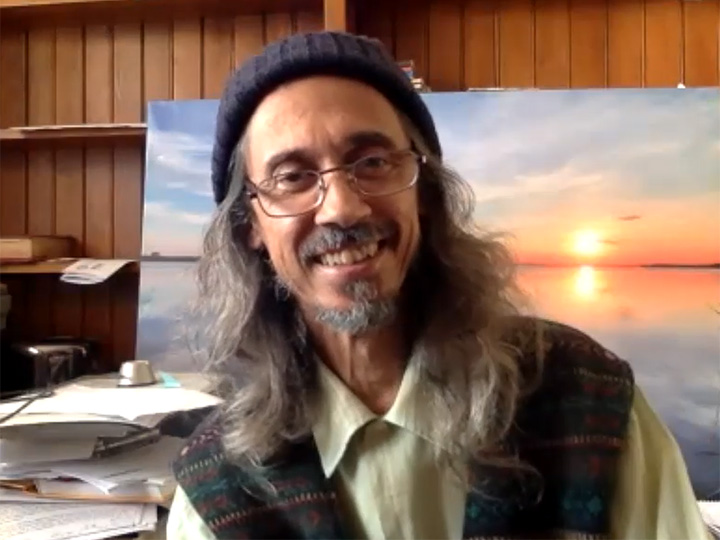
May 2020
“He feels like home…”
Yusuf Johnson’s activities in maths education cover a wide range. And depending on what matters to you most, you might describe him as:
- ACT (Advanced Certificate in Teaching) and PGCE (Postgraduate Certificate in Education) Lecturer
- Textbook Author and Content Editor,
- Journal Reviewer,
- Teaching Practice and Systematic Testing Supervisor,
- Workshop & Short Course Organiser and Presenter,
- Project Director, and more.
But what makes him truly special in my mind is his rare humility and kindness despite having all those roles & titles. So much so, that when one of his former PGCE students described him as “He feels like home,” it felt like the truest description possible. Simple. Sincere. Deep. Beautiful!
And, for me – an introverted, very inexperienced boy who’d just arrived in a foreign land, lost in a culture & language oceans from home – having him on my side was indeed nothing short of a miracle.
Now, if you’d like to learn more about this wonderful soul, I’ve put together a short biography below.
Accident?
Yusuf started teaching in mid-1986 as a substitute teacher at Grassy Park High School – the very school he once attended – while in his final year studying for a bachelor’s degree in mathematics at the University of Cape Town (UCT).
He’d met the school’s principal by accident, and originally, the plan was simply for Yusuf to substitute for six months while a teacher was away in America. But then the universe revealed that nothing is an accident, and the “chance” meeting turned out to be the start of something much bigger…
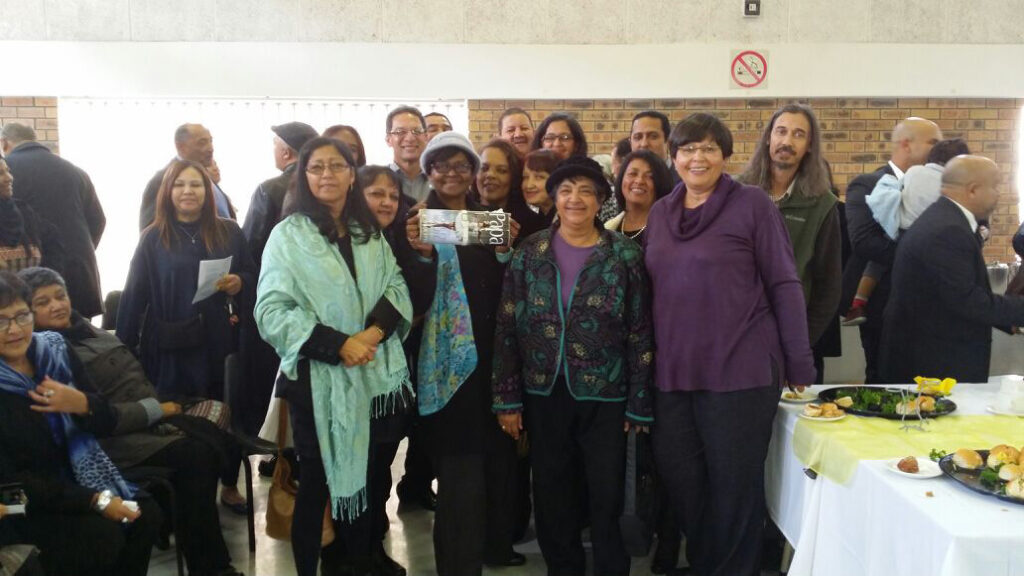
Credits: 3D Reflections of Life (3dreflectionsoflife.com)
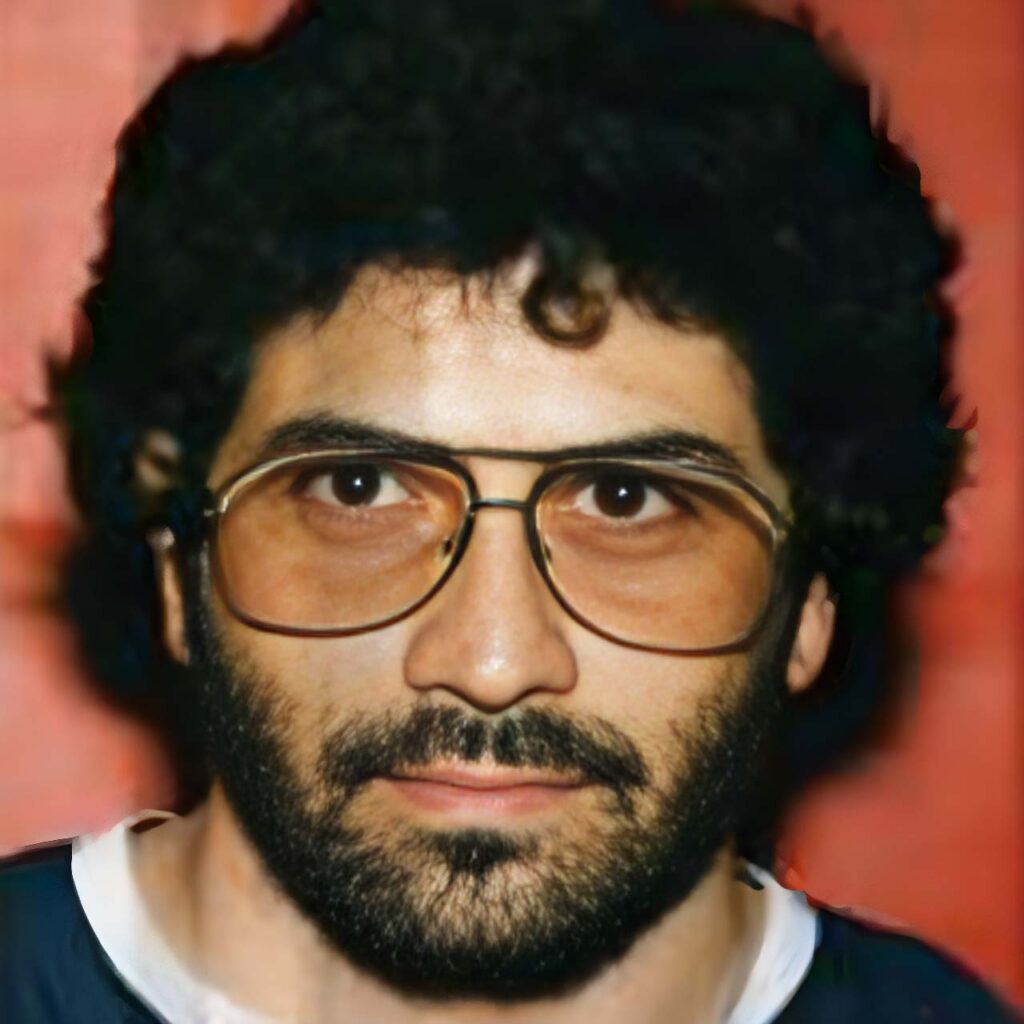
Credits: UCT’s School of Education
Meeting Zain Davis
Then, in 1989, Chris Breen founded the Mathematics Education Project (MEP) in UCT’s School of Education to provide an alternative math education to what the apartheid teaching was. And they worked with teachers in a variety of ways, including “ongoing classroom-based involvement and materials development with teachers based in their schools.”
Then a teacher named Zain Davis joined the MEP organisation and started his master’s degree in education with Chris Breen. (Chris Breen also Neil Eddy for his master’s thesis.) And much later, Zain started his PhD with Professor Johan Muller. (Johan Muller was also Ursula Hoadley’s PhD supervisor. And, Zain himself later became PhD supervisor of Shaheeda Jaffer.)
But while working at MEP, Zain needed some schools that he could work with their teachers. And, that was the first time Yusuf met Zain, and their collaboration began then.
Implemented Journal Writing When I Was Just 2!
Then, in 1992, Zain introduced “Journal Writing” to Yusuf as a way to let students express and share their thoughts and feelings – which could cover anything from maths, teaching, or learning to the “meaning of life, death, and love”– hence providing teachers with access to students’ thinking, allowing them to see themselves, the class and learning situation through the eyes of students.
Following this, Yusuf began implementing journal writing in his classes that same year (1992). And, later with help from MEP’s Jaamiah Galant, he summarised his 1992-1995 work in the article “Journal Writing As A Pedagogic Tool.” This was published in 1997 in MEP’s scholarly book “Thinking About Secondary Mathematics Teaching.”
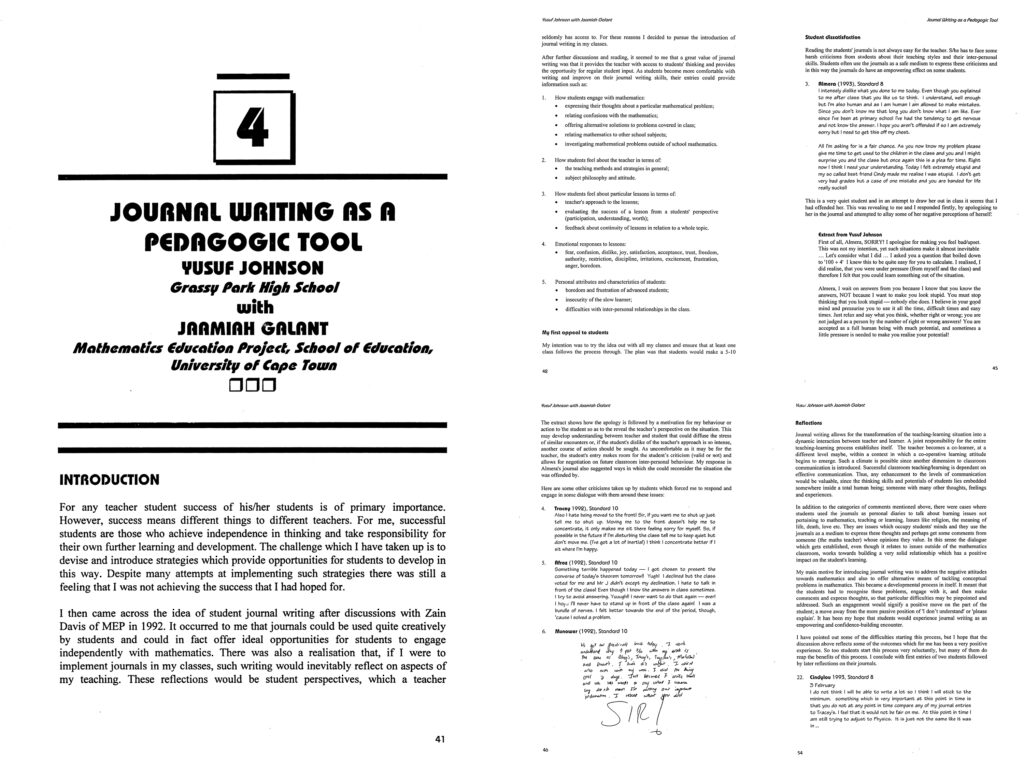
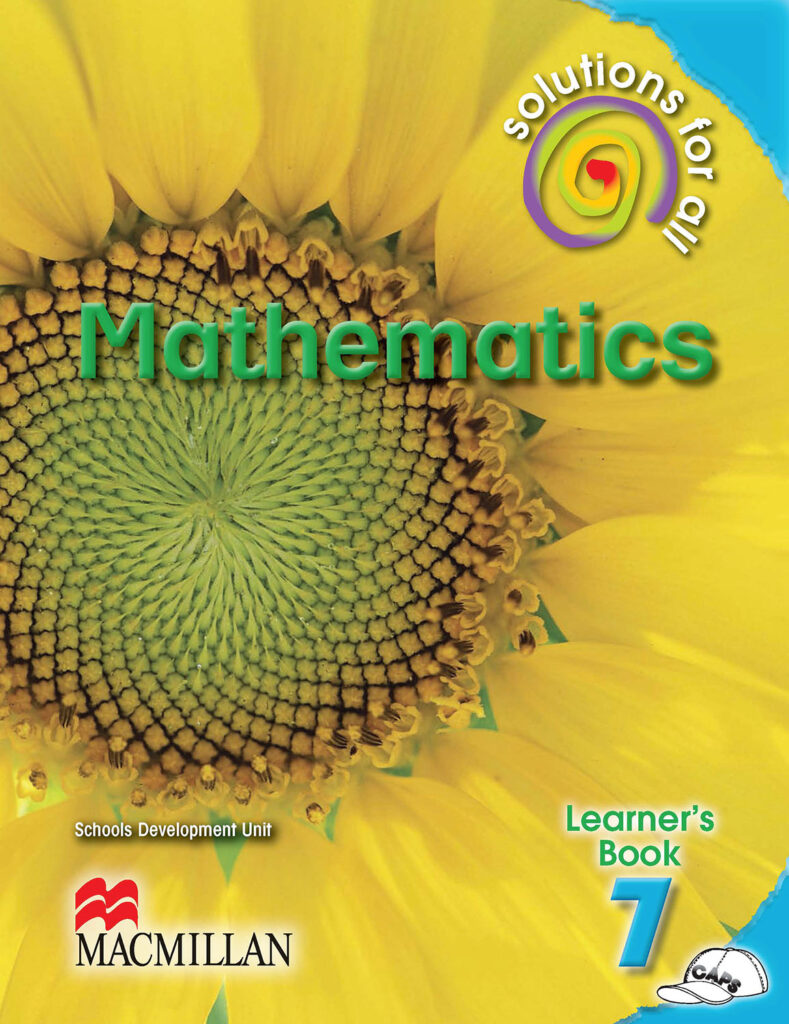
Credits: Macmillan South Africa
Started Textbook Writing At MEP
After apartheid ended in South Africa in 1994, the new government needed to change racist systems like the “Bantu Education.” And the leading educational theory at that time was Outcomes-Based Education (OBE), so it became the basis of South Africa’s first post-apartheid curriculum “Curriculum 2005” introduced in 1997. But new curricula needed new textbooks. So, in the same year, Zain and Jane Coombe (who’d taken over as MEP’s Head after Chris Breen) invited Yusuf to join MEP and start writing new textbooks for Grades 7 to 12.
Therefore, Yusuf returned to UCT in March 1997, and much of his initial work was researching and writing. And, the writing style he liked was to be “very exploratory and abstract,” but his colleagues weren’t a fan of that approach and felt his ideas were “too esoteric,” meaning too much in the air! So, the final textbooks blended his concepts with compromises across the team.
Now, each grade needed both a Learner’s Book and a Teacher’s Guide. So, for grades 7-12, Yusuf had to work on 12 books in total. And, every time the curriculum was revised or a new one introduced, they had to prepare new editions. So, this became a massive undertaking.
And, combined with limited freedom to include his preferred material, Yusuf eventually stepped back from writing for later revisions and instead chose to work as a content editor. And this allowed him to spend more of his time on PGCE and ACT courses, school visits, workshops, systematic testing, and other programmes.
But the first editions which were published by Macmillan under the title “Maths For All” “topped the best-selling list each year” in early 2000s. And now the series are sold by the name “Solutions For All Maths!”
SDU Formation
Meanwhile, it should be noted that, in 2000, the Mathematics Education Project (MEP) was merged with two other UCT’s initiatives–the Teaching and Learning Resources Centre (TLRC), and the Lifeskills Project– and formed a single unit called the Schools Development Unit (SDU).
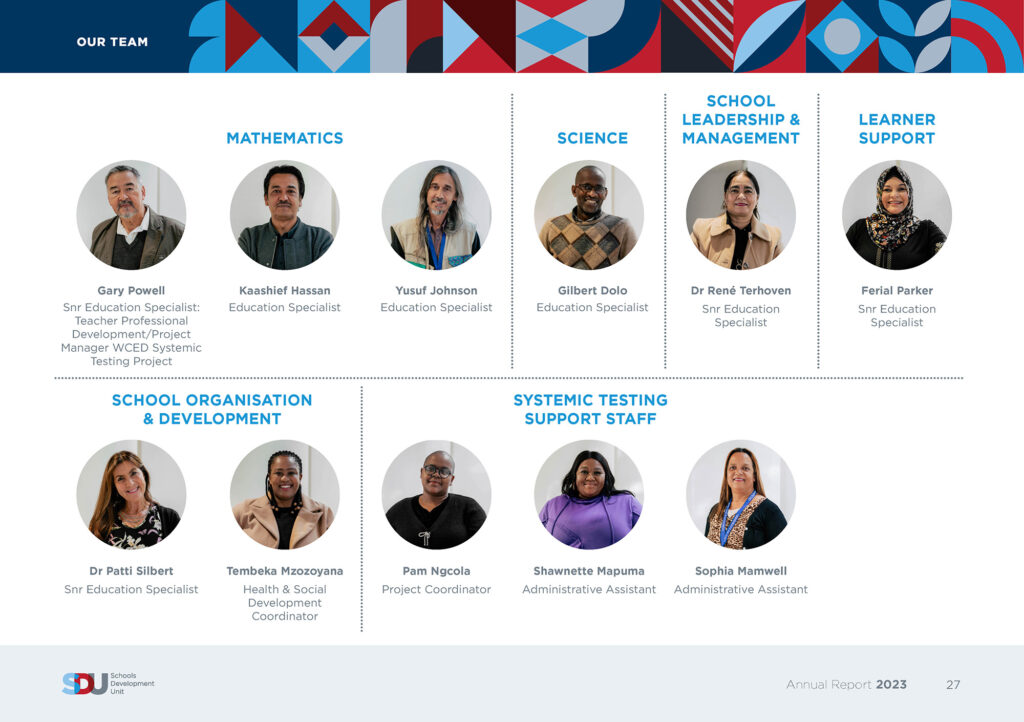
Credits: Schools Development Unit
Meeting Kaashief Hassan and Gary Powell
Early textbook development wasn’t just desk work for Yusuf, and he and his team had to do lots of trialling which involved visiting schools to work with learners & teachers, observing how materials performed in real classrooms, and then refining them based on the feedback.
And it was during this time that Yusuf got the opportunity to meet Kaashief Hassan and Gary Powell. Actively teaching at schools then, they supported Yusuf’s team by either gathering & providing feedback on drafts or authoring new investigations and projects for some of maths topics.
And, eventually, as their collaboration grew, Kaashief and Gary formally joined the team and became new members of SDU.
Trips To Oxford & Cambridge Universities
Between 1999 and 2000, Yusuf made two trips to Europe, exploring education systems across the UK and Netherlands. He visited universities and schools in Oxford, Cambridge, London, Liverpool, Manchester, Wales, and Utrecht.
His first trip was mostly a month-long stay at Oxford University. There, he worked with Professor Anne Watson and her partner, Prof. John Mason from the Open University. They were well-known figures in math education at the time, and Yusuf wanted to learn directly about their research, their math textbooks, how they worked with schools and teachers, and how they put their ideas into practice.
But, in addition to visiting the University of Oxford and some other universities & schools across the UK, Yusuf also spent about 10 days at the Freudenthal Institute in the Netherlands. And there, he had the opportunity to observe their “realistic approach” to math teaching where they started with real-life contexts, explored them, and finally drew out and uncovered the mathematics within it.
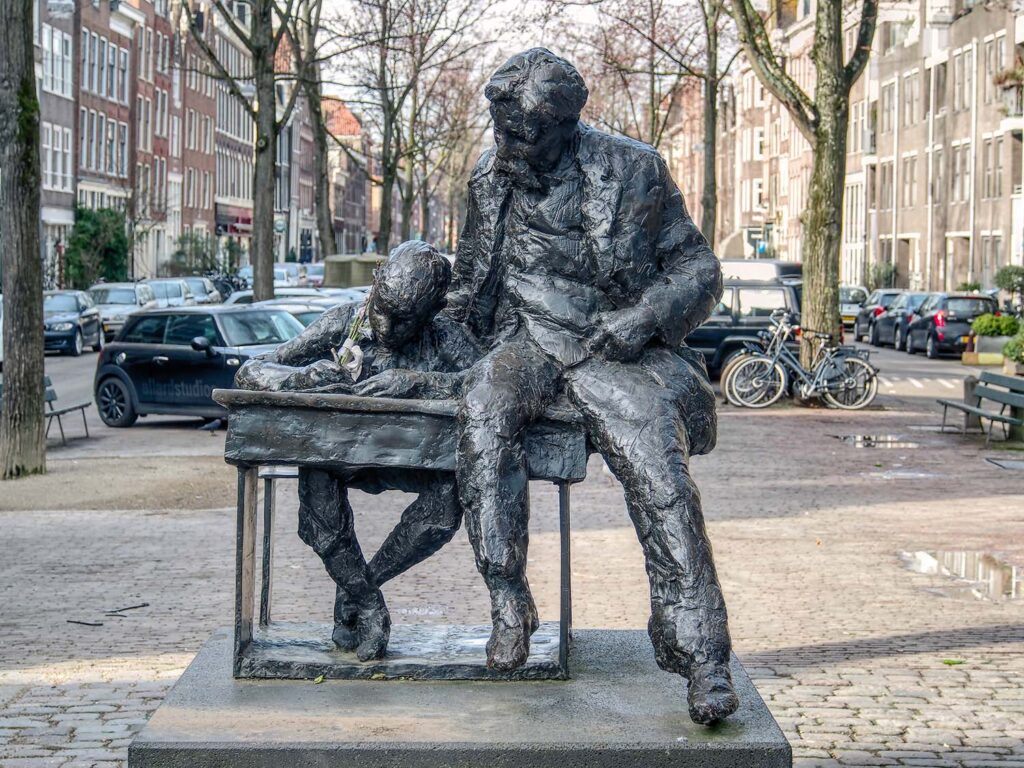
Theo Thijssen Statue by Hans Bayens – Lindengracht, Amsterdam
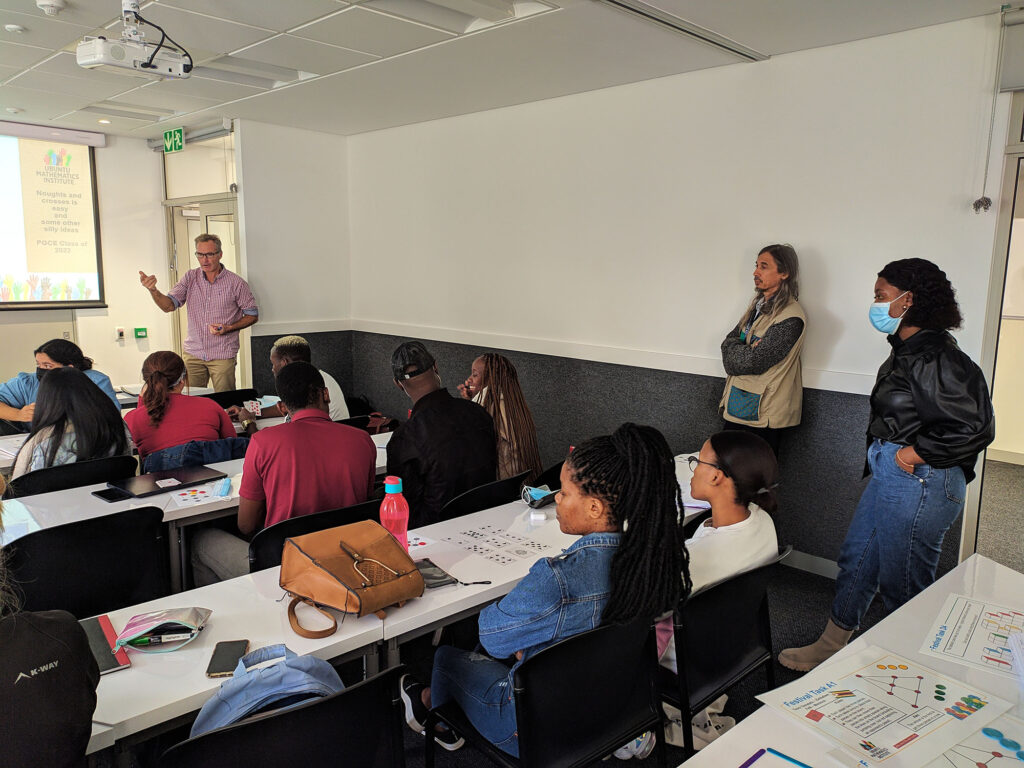
Yusuf Johnson and Neil Eddy in UCT’s PGCE 2022 Mathematics Class
Then, in 2020 and for his second trip, Cambridge University became Yusuf’s base for a month-long collaboration with Toni Beardon OBE. Toni had established Cambridge’s two-year postgraduate teacher training program back in 1987 and was instrumental in creating projects like the NRICH Online Mathematics Club and Motivate Project (now known together as the Millennium Mathematics Project) around 1997. So, this experience was really inspiring and full of useful knowledge for Yusuf.
Speaking of Toni, it should be noted that, later in 2003, when South African physicist Neil Turok (then Chair of Mathematical Physics at Cambridge) founded the African Institute for Mathematical Sciences (AIMS) in Muizenberg, Cape Town, she was the one who established its Schools Enrichment Centre (AIMSSEC) that same year. And, its mission was to “empower teachers from disadvantaged rural and township communities in Africa.”
And later, Toni hoped that Yusuf would accept to become the director of AIMSSEC. But that kind of high-level administrative and managerial position wasn’t the role that Yusuf saw for himself. So, preferring to stay closer to teaching, he chose instead to continue his journey at SDU.
AMESA Congresses
AMESA (the Association for Mathematics Education of South Africa) held its 9th, 19th, and 28th Annual National Congresses in Cape Town.
Back in 2003, for the 9th Congress hosted by the University of Cape Town, Yusuf ran the Activity Centre with Sharon McAuliffe. And the organising team featured Neil Eddy as Congress Director, Shaheeda Jaffer as Academic Coordinator, with Alwyn Olivier managing the Website and Anne Eadie handling Transport.
A decade later in 2013, the 19th Congress took place at the University of the Western Cape. Here, Yusuf presented a Pre-Congress Workshop titled “Playing with geometry in the Senior Phase.” And, this time, the team included Zain Davis and Shaheeda Jaffer as Academic Coordinators. Neil Eddy was one of the Treasurers and also helped with Registration. And Gary Powell who was then the Chairperson of AMESA Western Cape did the catering with Desiree Timmett.
And, most recently, in 2023 and for the 28th Congress which had returned to the University of Cape Town, Yusuf gave a presentation called “Functions Everywhere in Mathematics!” and alongside his amazing friend and former student, Ms. Esther Burger, helped Neil Eddy and the Ubuntu Maths Institute’s team run the Activity Centre.
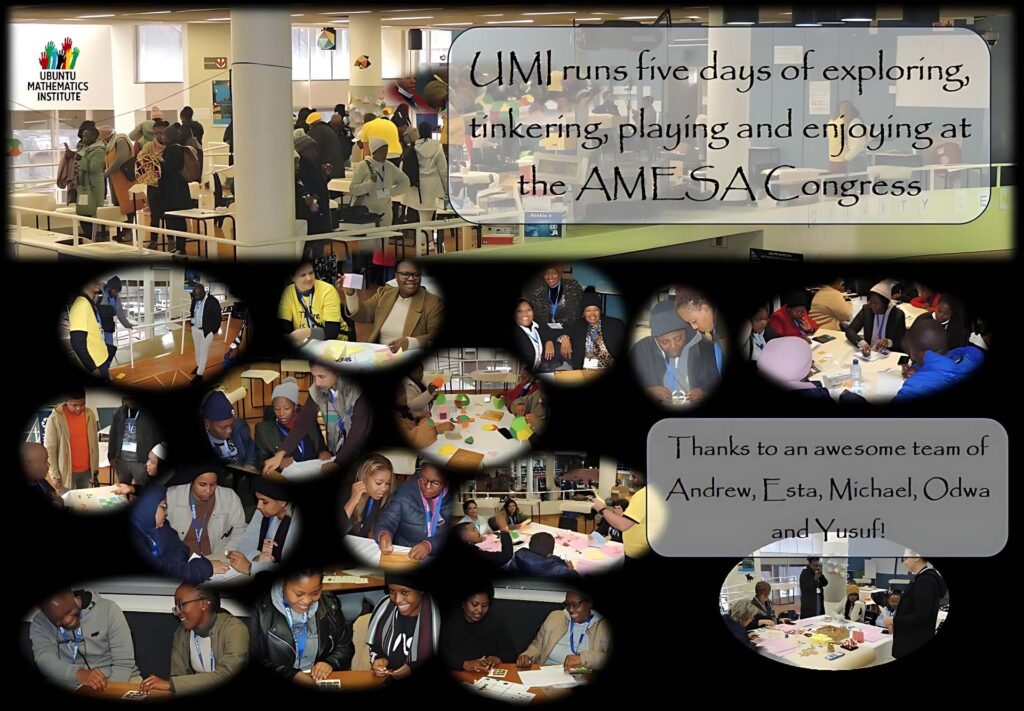
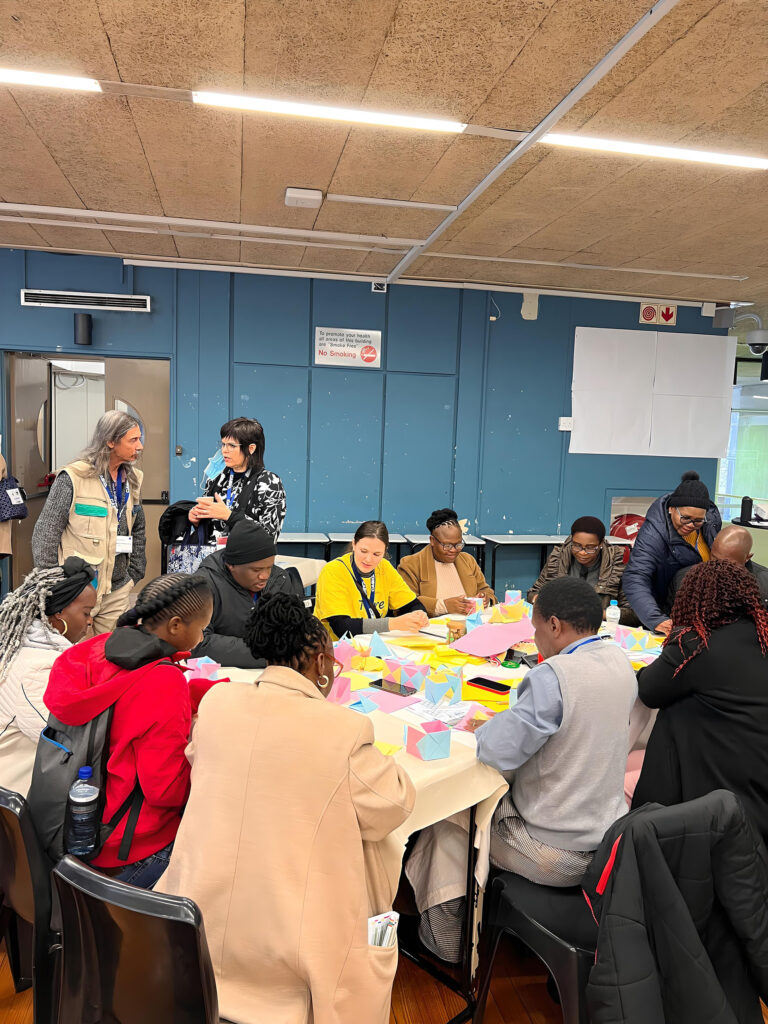
Image Credits: The Ubuntu Maths Institute
References
In addition to my personal talks with Yusuf, the following resources have been used in writing the above biography.
Article and Links:
- Don’t Wait for Funerals by Sharon Lewin (Ex-Teacher of Grassy Park High School)
- My Journey – Chris Breen
- Breen, Chris “Transforming the culture of learning mathematics: Academics as catalysts or intruders.” Curriculum reconstruction for societies in transition. Proceedings of Political Dimensions of Mathematics Education 2 (1993).
- Davis, Zain, ed. Thinking about Secondary Mathematics Teaching. Mathematics Education Project, University of Cape Town, 1997.
- The SDU | Schools Development Unit
- SDU Willing and Abel to Contribute | UCT News
- New Home for Schools Development Unit | UCT News
- Schools Development Unit – A Decade On | UCT News
- MOTIVATE Presentation for IMECT2
- Can Videoconferencing Contribute to Teaching and Learning? The Experience of The Motivate Project
- African Institute For Mathematical Sciences; FaSMEd; Newcastle University
- African Institute for Mathematical Sciences – Wikipedia
- AMESA – Mathematics Education
- The Ubuntu Maths Institute Facebook Page
- The Ubuntu Maths Institute Instagram Account
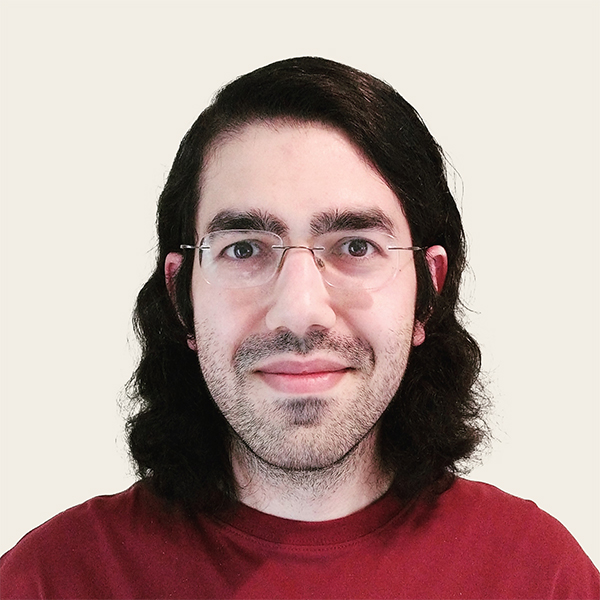
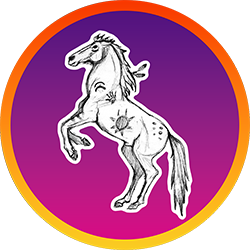
Share Your Feelings & Thoughts